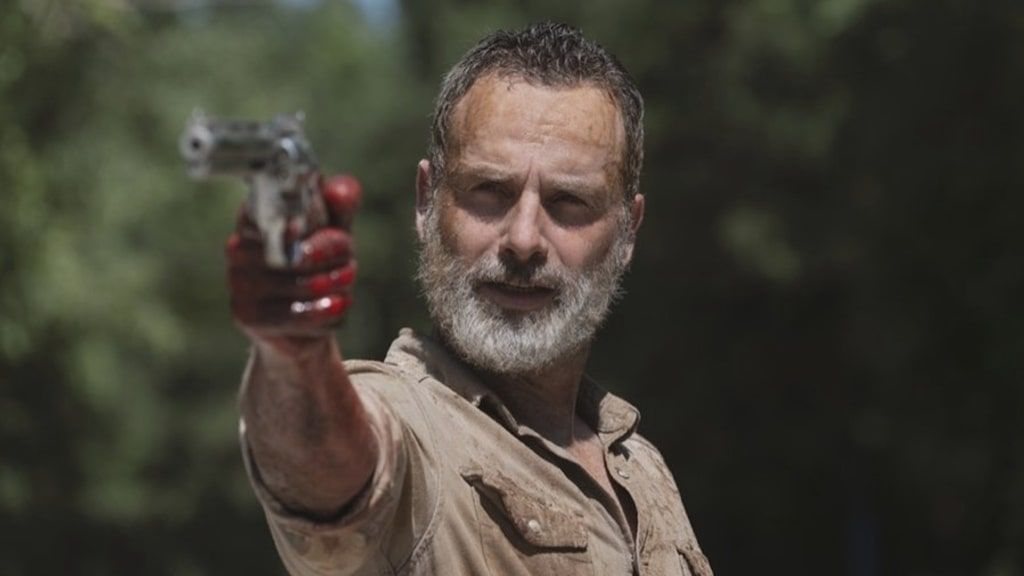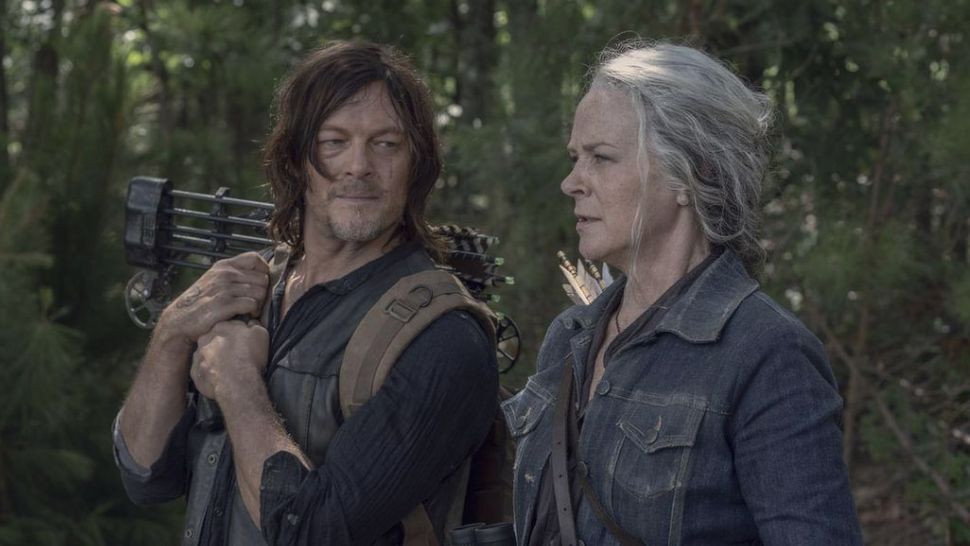
Why now’s the right time for The Walking Dead to end
Setting the stage for spin-offs, a strong ending, and new voices: why The Walking Dead ending is a good thing
by Bradley RussellThe Walking Dead is going bye-bye. Unlike the walkers that populate the series, however, it’s not going to slowly shamble off into the night. Twenty-four episodes are planned for its eleventh and final season, with multiple spin-off series and even a trilogy of Walking Dead movies starring Andrew Lincoln’s Rick Grimes on the way. The future is bright, though it’s definitely the perfect time to say goodbye to the mainline series – for a variety of reasons.
By zeroing in on an endpoint, the show has no time to tread water; instead, there’s a real sense of threat and jeopardy in place of the wheel-spinning of previous years. It’s something that The Walking Dead has arguably lacked since Rick was airlifted out of the show back in season nine. Expect, then, the next run to hopefully be up there with the show’s densest and best as each new episode is tinged by the fact it will be one of the last times we see these characters.
Walking Dead fans can attest to the series previously stretching itself too thin. The general consensus is that seasons seven and eight, when Rick’s battled against Negan and the Saviors, were creative low points for the series. The episodes often felt trapped in a paradoxical limbo of both not knowing where the show was going and killing time until the next big explosive moment.
The time jump that came with season nine helped alleviate that lull with a premise that demanded exploring and a new set of characters that helped breathe new life into the show. And yet, the Whisperer arc soon felt like it was going the same way as the Saviors. Thanks to an end point, that sense of stagnation has been averted. As a narrative trick, knowing the final moments are coming is invigorating; as a marketing trick, it’s magic dust.
AMC can now draw more attention to the show rather than it fading away. It’s the short-term shot in the arm the series so desperately needs and will no doubt coax some viewers back after viewing figures plummeted to near-record low numbers. That spike in interest also helps get people invested in what’s to come: the spin-offs.

Moving away from the main series and into other shows is a smart evolution. Focussing on spin-offs, anthologies, and movies opens up a whole new avenue for both new experiences and fresh voices to take hold of The Walking Dead. After all, a franchise shouldn’t be one thing, but many.
Now, the possibilities are limitless: time jumps into a post-cure world, a Negan origin story, and more horror-heavy series are all distinct possibilities that can snare new viewers and keep the old ones sticking around. And those are just the more obvious potential stories. The spin-off starring Norman Reedus’ Daryl and Melissa McBride’s Carol keeps long-term fans sweet and allows one of the show’s more mature, complex relationships to be further expanded upon in greater detail.
Plus, how many great shows have lasted beyond 10 seasons? How many pop culture phenomenons have had their legacies tarnished due to a lack of forward planning during their prime? Game of Thrones and Star Wars fans know all too well how a sour, rushed, or divisive ending can affect future prospects and spin-offs.

In terms of lasting and successful longevity, The Simpsons heading way beyond 30 seasons is an obvious outlier, but many would agree on that animated show not bringing its A-game for the better part of two decades now. Elsewhere, all critically acclaimed shows that history looks kindly upon – The Sopranos, The Wire, Mad Men – all wrapped things up by the seventh season. There was a story to be told, and they told it. The Walking Dead overshot its mark in that respect but now has that rare opportunity: a second chance to stick the landing and provide a complete show with a beginning, middle, and end – even if it arguably should’ve been given the Lucille treatment years ago.
Whether it does it is another matter, but The Walking Dead ending in 2022 now feels less like a reactive decision and more like a smart one – backed by creative potential, the chance to establish a blank canvas upon which to build future stories, and the exciting narrative possibilities of ending a show that has enraptured millions of people for over a decade. The Walking Dead may soon die but, a decade on, things are only just getting started.